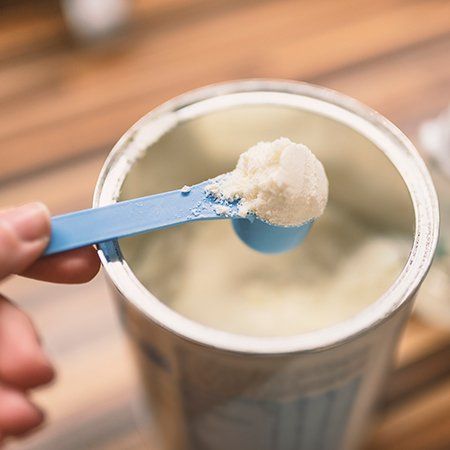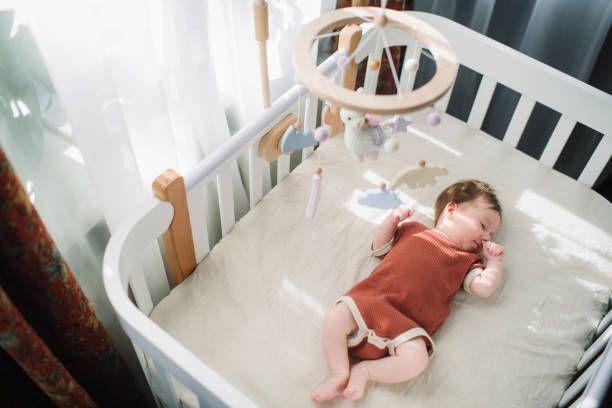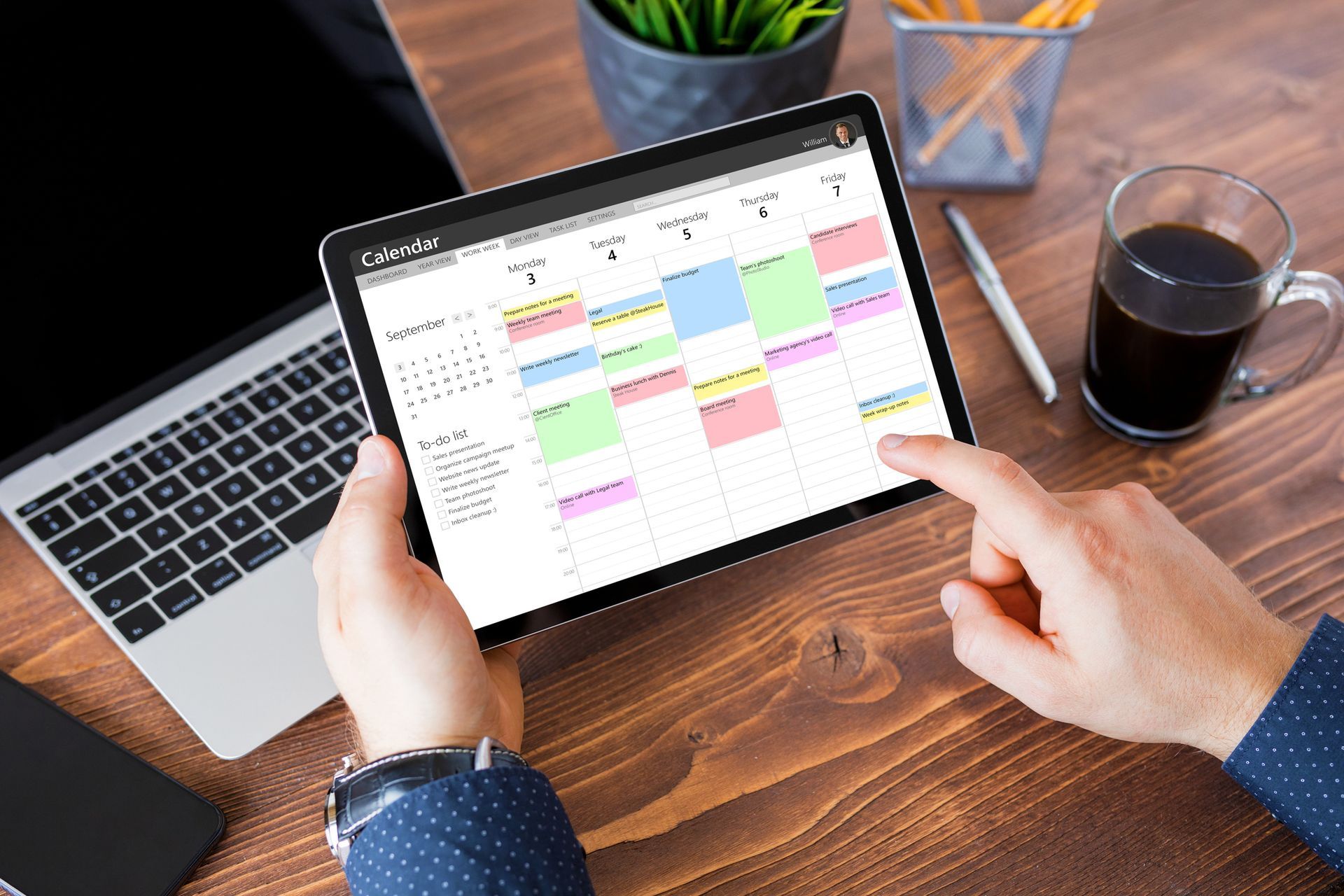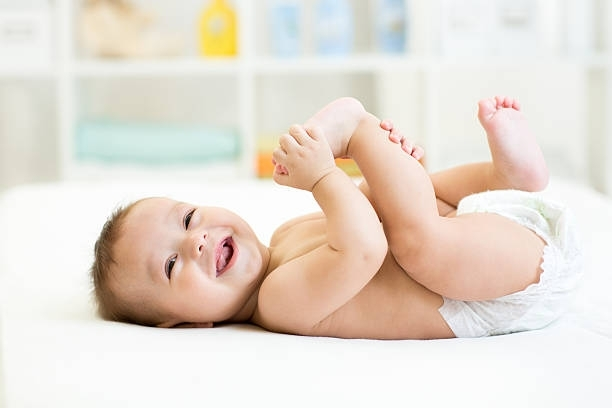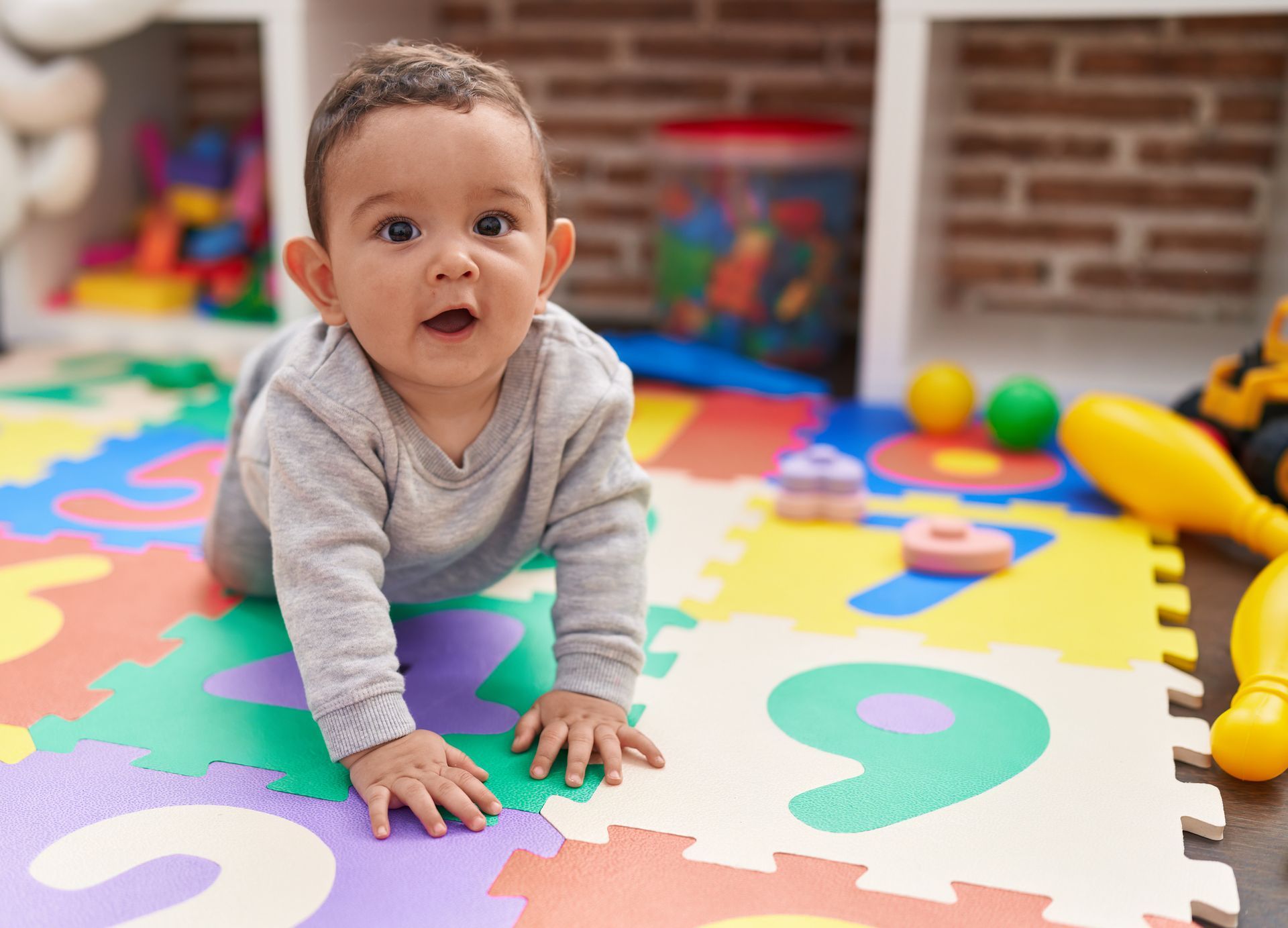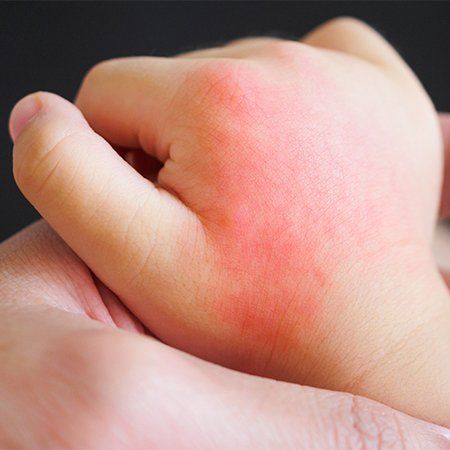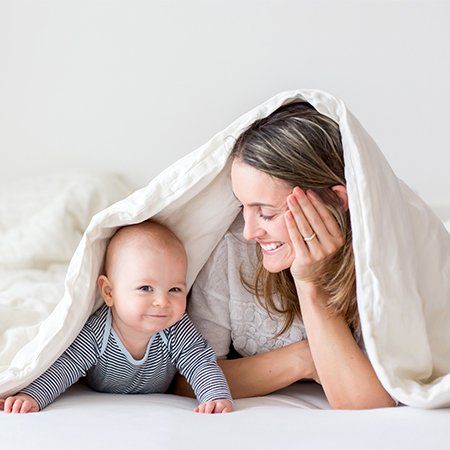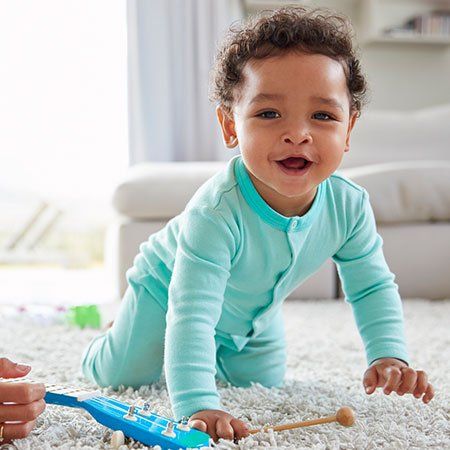Child Care Information For Our Patients in Jackson, MS
Feeding
Your baby is growing! At this age, a baby only needs breast milk or infant formula. Most babies take 2 to 3 ounces of formula every 2 to 3 hours now. Usually, babies at this age will need about 20 to 24 ounces of formula daily. Breast-fed babies should usually feed about 10 minutes at each breast during each feeding. Breast-fed babies may want to nurse as often as every 2 hours. Babies usually wake up at night to feed. This is normal. Cereal or baby food is not needed yet. Babies can have food allergies if solids are started too early. Baby's digestive system may not be able to handle cereal or baby food if they get introduced too early. If your baby wants to feed more often, try a pacifier. Your baby may need to suck but not feed. Typically, we start cereal at 4 months, 1st step baby foods at 6 months, and meats at around 9 months. So for these first 4 months, all your baby needs is formula and/or breast milk. There is not need for juices or water. It is important to hold your baby during feeding. Feeding time is also bonding time. This is a good time to talk and play. Hold the bottle and do not prop it up.
Mixing Formulas
If you use concentrated liquid formula, always mix 1 can of formula with 1 can of water. Keep the mixture in the refrigerator. If you get powdered formula, mix 2 ounces of water per 1 scoop of formula. When you mix the formula a lot of air gets suspended in the mixture. To prevent your baby from swallowing a lot of air, let the formula sit for about 30 minutes before feeding to your baby.
Mixing Formulas
If you use concentrated liquid formula, always mix 1 can of formula with 1 can of water. Keep the mixture in the refrigerator. If you get powdered formula, mix 2 ounces of water per 1 scoop of formula. When you mix the formula a lot of air gets suspended in the mixture. To prevent your baby from swallowing a lot of air, let the formula sit for about 30 minutes before feeding to your baby.
Schedules
Basically babies cycle between sleep, eating and playtime. Generally babies nap between almost every feeding. They are almost always happier when they do. The tendency is to want to fall asleep at the breast or bottle, which is sweet and all, but turns out to be a bad habit. You need to begin now trying to teach your baby to sleep without props, starting at naptime. Try to stimulate your baby (with play, changing, baths, etc.) immediately after feeding. About an hour later try laying the baby down for a nap. You may rock, sing, read, do whatever makes it fun, but do not let the baby go to sleep in your arms. They need to finish the task in the crib. This may require some crying, but usually not more than 10-20 minutes (the cry time gets longer the longer you wait to start doing this; better start now). Check on and console your baby every 5-10 minutes during this time. Put him down again drowsy, but awake. 30-60 minutes of sleep should eventually follow and when he/she awakes, it's time to eat again. The cycle is repeated throughout the day.
At nighttime the same principles apply, except the playtime. Generally, you should strive to stimulate in the day and avoid stimulation at night. Look at stimulation as a reward for wakefulness. Stimulation includes turning on the lights, talking, playing, even feeding. Don't expect to get away without feeding at night at this point, but do try to keep it low key. Following a schedule such as this over a period of 2-4 weeks will often result in restful nights for both baby and parents. These guidelines are not for everybody, but most will find that things go smoother if you follow a similar approach. To learn more about baby sleep, eating and schedules, check out Baby Wise books. They are an excellent resource for new parents.
Snurgles & Congestion
A snurgle is a peculiar sound that comes from the baby's nostrils. I call it snurgles because it sounds like a cross between a sniffle and a gurgle. A lot of parents interpret this sound as a cold. Your baby probably doesn't have a cold if this is the only symptom (sneezes are normal, too). Babies make this noise because of their very tiny nasal passageways. A normal amount of mucous causes the noisy breathing.
Rashes
When you sit in water for 9 months, your skin tends to peel when you get out. That's why your baby is losing his/her skin. Moisturizers are not necessary, but if you choose to use them, make sure you use a baby product to minimize irritation. I recommend using Lubriderm Sensitive Skin Unscented lotion . Babies have very sensitive skin, especially around the face area. Babies can get a number of different rashes in the first 2 months of life. Most of these are normal. I don't have room to describe all the normal rashes, so let me tell you what is not normal. Any fluid-filled blister should be reported immediately.
Report any lesion that looks to be infected. Diaper rashes are not normal and should be treated. Try a barrier ointment (Boudreaux's Butt Paste is my favorite for newborns). Most of them work if used correctly. The secret is to use large amounts. Spread it on thick with each diaper change and keep the baby as dry as possible. If this doesn't clear it up within a week or if there are a lot of little red bumps in the diaper area; there may be a fungal infection. You will probably need to make an appointment at our clinic for us to look at the rash. Continue using the barrier ointment.
Your Child & Daycare
There is no substitute for a mother in the home. The importance of the early bonding experience cannot be measured. It is pivotal to all further development. We know financial pressures are great, but if there is any way you can stay home and you have the desire to do so, just do it. Consider the cost of child care, increased doctor bills, food for work, clothes for work, travel, and all the times you eat out because you are too tired to cook. How much money are you really making? How much is it worth? Our heart goes out to mothers in this day. We would never try to make you feel quilt for anything. We only want to encourage you to look at things differently and to follow your heart.
If you do choose to put your child in child care , we encourage you to explore family options first. If you must use daycare, be sure that the facility is accredited. If you use a babysitter, be sure it is someone you know well and trust. Ask us for a daycare information list. The list will help you look for a daycare that is best for your child.
Rashes
When you sit in water for 9 months, your skin tends to peel when you get out. That's why your baby is losing his/her skin. Moisturizers are not necessary, but if you choose to use them, make sure you use a baby product to minimize irritation. I recommend using Lubriderm Sensitive Skin Unscented lotion . Babies have very sensitive skin, especially around the face area. Babies can get a number of different rashes in the first 2 months of life. Most of these are normal. I don't have room to describe all the normal rashes, so let me tell you what is not normal. Any fluid-filled blister should be reported immediately.
Report any lesion that looks to be infected. Diaper rashes are not normal and should be treated. Try a barrier ointment (Boudreaux's Butt Paste is my favorite for newborns). Most of them work if used correctly. The secret is to use large amounts. Spread it on thick with each diaper change and keep the baby as dry as possible. If this doesn't clear it up within a week or if there are a lot of little red bumps in the diaper area; there may be a fungal infection. You will probably need to make an appointment at our clinic for us to look at the rash. Continue using the barrier ointment.
Your Child & Daycare
There is no substitute for a mother in the home. The importance of the early bonding experience cannot be measured. It is pivotal to all further development. We know financial pressures are great, but if there is any way you can stay home and you have the desire to do so, just do it. Consider the cost of child care, increased doctor bills, food for work, clothes for work, travel, and all the times you eat out because you are too tired to cook. How much money are you really making? How much is it worth? Our heart goes out to mothers in this day. We would never try to make you feel quilt for anything. We only want to encourage you to look at things differently and to follow your heart.
If you do choose to put your child in child care , we encourage you to explore family options first. If you must use daycare, be sure that the facility is accredited. If you use a babysitter, be sure it is someone you know well and trust. Ask us for a daycare information list. The list will help you look for a daycare that is best for your child.
Browse our Website
Contact information
Address:
Phone: (601) 362-7476
Email: jesseabuie@aol.com
Hours of Operation:
Monday – Friday: 7:30 AM-5:00 PM
- We offer walk-ins for established patients:
- Monday from 7:30 AM-11:00 AM
- Tuesday - Friday from 7:30 AM-9:00 AM



CareCredit | We Accept Insurance


